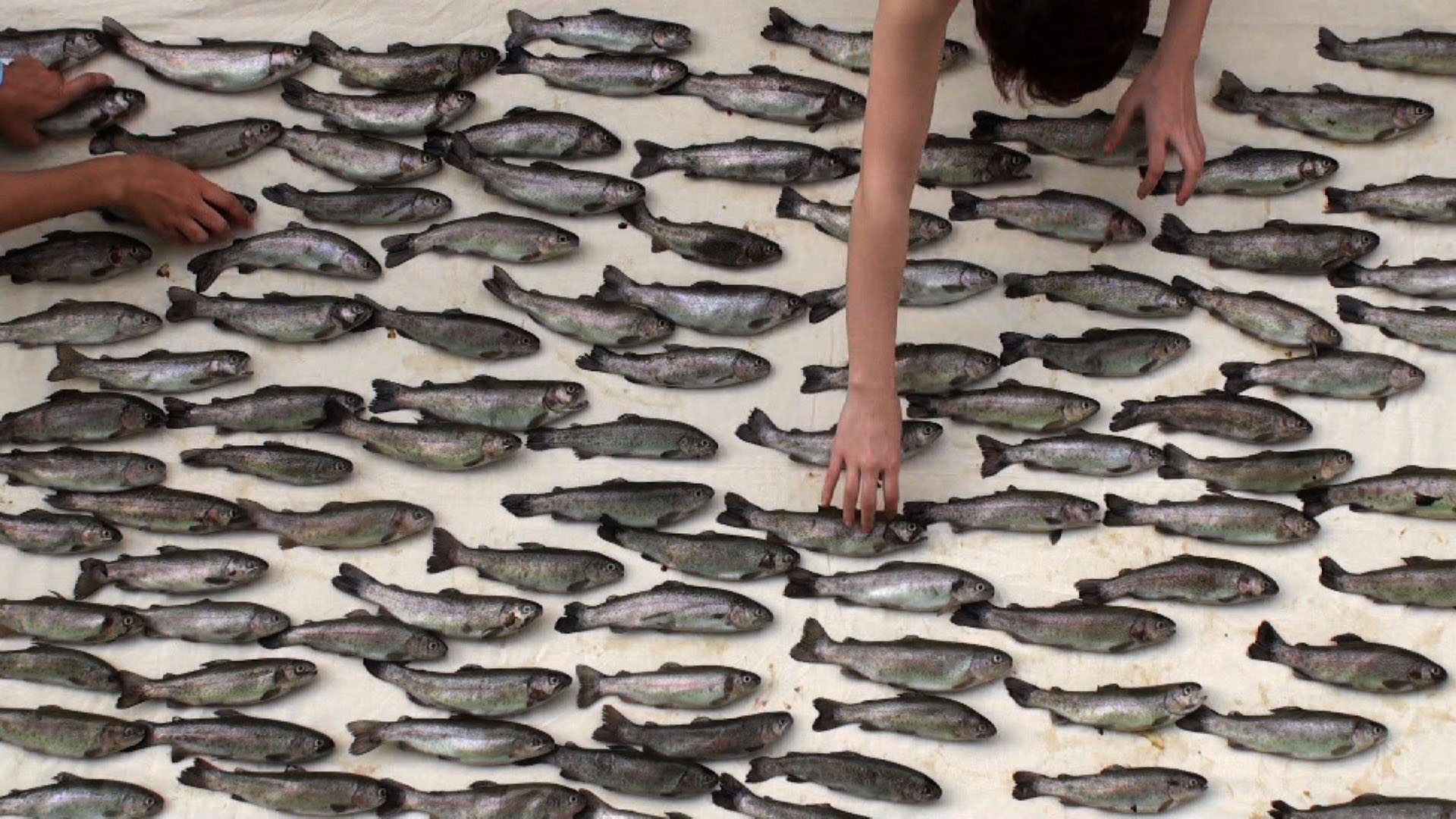Masaru Iwai, a Ph.D. graduate from Tokyo University of Arts, tells me that he only showers once every two days. This fact causes the two gallery directors in the room to gasp in horror. In an ill-advised moment of sharing I let slip that in Britain this wouldn't be so unusual. It's not that Iwai is a slob, or an Anglophile, but that the notion and value of "cleanliness" are not to be taken at face value — they should be questioned and considered as socially constructed phenomena.
Two phrases come to mind seeing the inaugural exhibition at the new Takuro Someya Contemporary Art gallery in the Minami-Azabu district of Tokyo: "cleanliness is close to Godliness" and "you can't polish a turd, but you can roll it in glitter." The first phrase is appropriate because Iwai rejects the normative association of morality and hygiene, well aware that two of the most fastidiously clean countries in the world, Germany and Japan, have something of a history together. In the second case it's because one of the video works on show literally reveals a dog turd decorated with glitter — but more on that later.
The main work, "100 Fish, or Before and After Epicure," is a 14-minute video of 100 freshly caught fish being carefully laid out on a white sheet, gutted and then eaten off-screen, followed by the detritus of the meal being assembled and cleared away. Ambient sounds and foreign voices — the work was created in the Autonomous Republic of Adjara in Eastern Europe — are both undecipherable but, somehow, instinctively recognizable for anyone who has shared a communal meal.
















With your current subscription plan you can comment on stories. However, before writing your first comment, please create a display name in the Profile section of your subscriber account page.